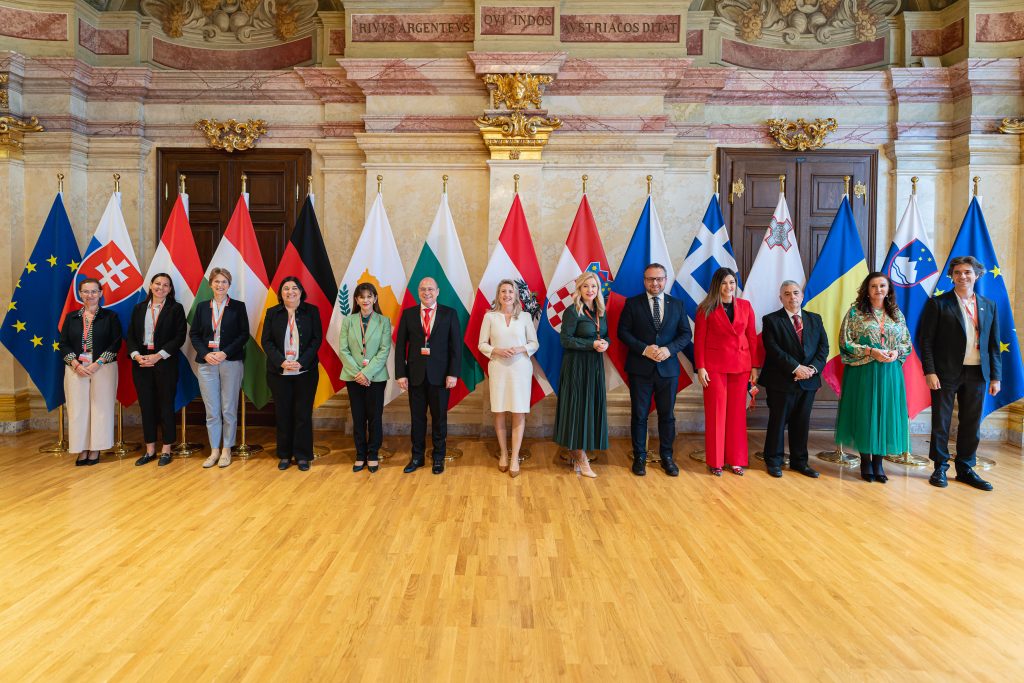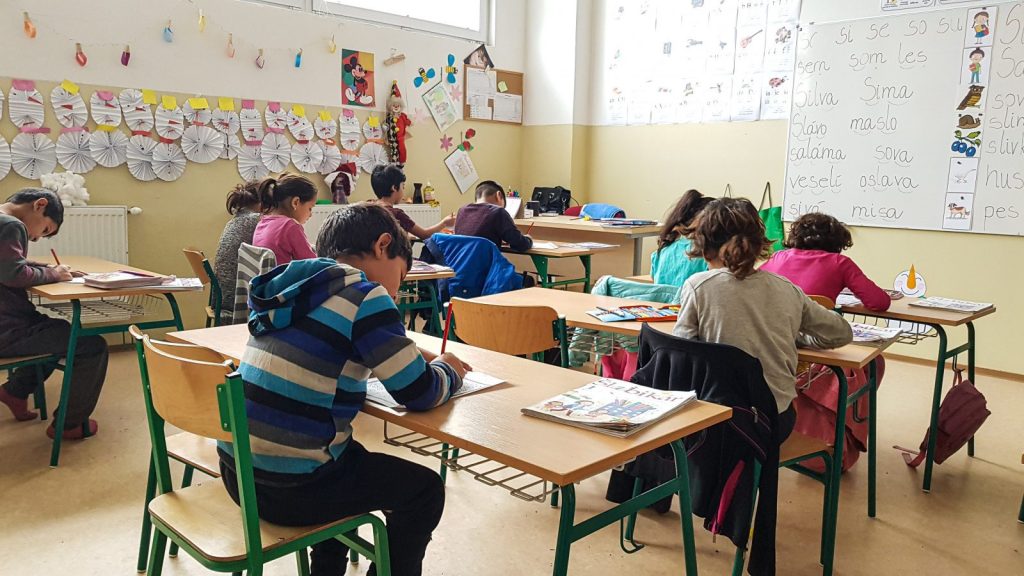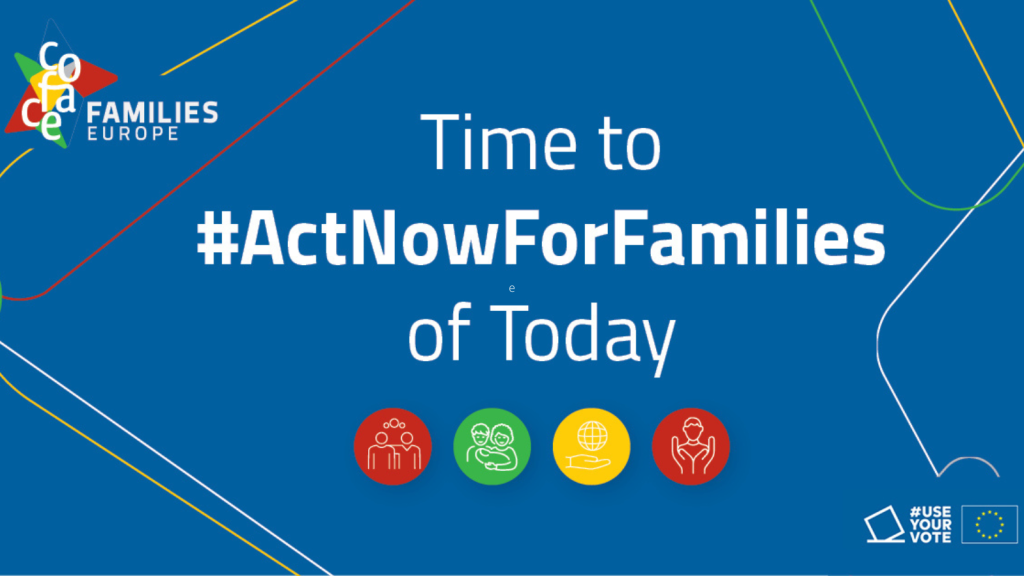On the 6th of July 2023, Patricia Suarez Ramirez from ASUFIN (Spanish consumer organisation) and Vinay Pranjivan from DECO (Portugese consumer organisation) gave a presentation at the EBA BSG (European Banking Authority’s Banking Stakeholder Group) on the state of deposit savings rates across Europe.
The financial landscape in Europe has been under significant strain over recent years, with the ongoing decoupling of savings interest rates, inflation, and the European Central Bank’s (ECB) base rate.
According to data presented by ASUFIN and DECO, the savings interest rates for household deposits in the Eurozone have been persistently low. While there has been some progress, deposit rates lag behind, when taking into account inflation and the ECB’s base rate, which stands at around 3,5%.
The inflation rate, which stands at around 6.1% on average in the Eurozone for May 2023, further complicates this picture. This inflation rate, considerably higher than the savings interest rates, results in a negative real interest rate for savers, effectively eroding the purchasing power of their deposits.
The discrepancy between the savings interest rates and the base rate set by the ECB suggests a lack of pass-through from policy rates to retail rates. In theory, an increase in the ECB’s base rate should translate into higher savings and lending rates. While the base rate has been creeping upwards, yet the savings interest rates, overall, remain stubbornly low.
There may be many factors explaining this situation, such as a lack of competition, or the reluctance of consumers to switch banks. But there may be a more fundamental reason for this : banks could no longer be viable/profitable businesses, and only survive thanks to their status of natural monopolies when it comes to money intermediation and money creation.
Meanwhile, consumers are exposed to several factors that are systematically eroding their wealth: the persistently low interest rates on their savings, the rising inflation which erodes the real value of their deposits, the increasing costs associated with banking services, and the upswing in ECB’s base rate.
The underlying question is whether this predicament is a consequence of competition and concentration within the banking industry or a reflection of the banks’ inability to enhance deposit remuneration without critically undermining their profitability, and by extension, their stability. These differing scenarios call for contrasting solutions.
Efforts to boost competition may take many years, and even then, there is no guarantee of success. The intrinsic business models of universal or retail banks might be inherently unprofitable. If this is indeed the case, alternative solutions may be required, such as the introduction of a digital euro base deposit rate that aligns with the ECB rate, or taking a cue from the French « Livret A » system, which uses a transparent methodology to set its deposit remuneration rates.
In conclusion, savers are currently under tremendous pressure. They are grappling with the simultaneous impacts of inflation, rising interest rates, lower deposit remuneration, and higher banking fees. The cause of this predicament and its subsequent solution, whether it be a question of enhancing competition or reconsidering the banking business model, remains uncertain. What is clear, however, is that consumers need alternative solutions that safeguard their financial interests. Perhaps the time has come for Europe to consider innovative solutions like a digital euro base deposit rate, to provide savers with a fair return on their hard-earned savings.
COFACE Families Europe is member of the European Banking Authority Banking Stakeholder Group. See here for further information.





